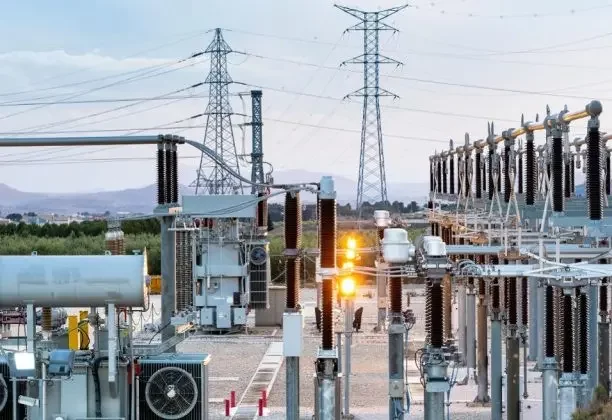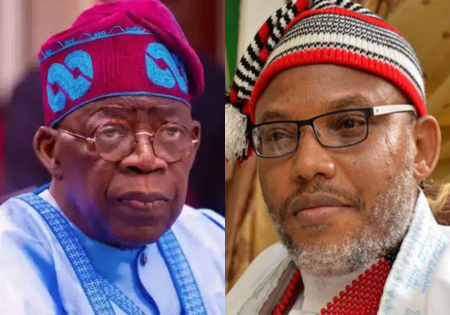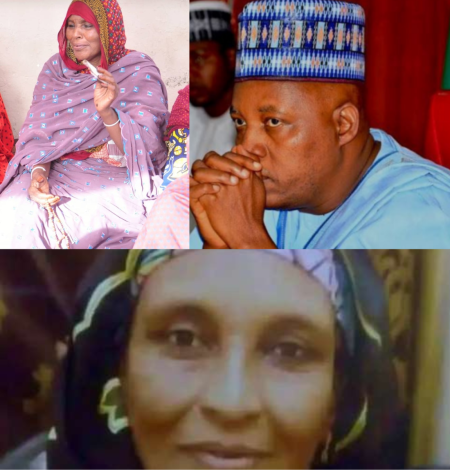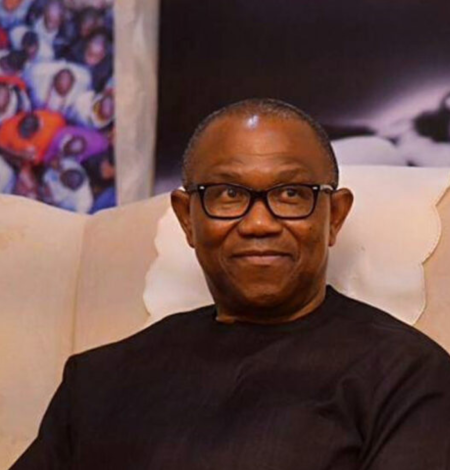The federal government’s recent tariff hike has been criticized by the National Union of Electricity Employees (NUEE) for having the ability to drive up costs and negatively impact those who are already struggling financially.
After the Nigerian Electricity Regulatory Commission (NERC) decided on April 3 to increase rates, users in the “Band A” classification that receive 20 hours of daily power supply now pay N225 per kilowatt-hour, instead of N66.
NUEE expressed their displeasure with the pricing hike in a letter to the Minister of Power, calling it unacceptable for a country that is struggling with skyrocketing prices for basic goods and services.
The letter, which was signed by Dominic Igwebike, the union’s acting general secretary, expressed concern that the tariff increase might force customers to choose imported items over locally produced ones because they are more expensive, thus forcing firms to close.
Additionally, NUEE stressed that members’ safety was at stake because they would encounter negative responses from the community when on disconnection trips.
Reiterating that the fee hike is not in Nigerians’ best interests, the union demanded that it be withdrawn.
The union claimed that prior to putting the decision into effect, the minister neglected to consult relevant parties.
The text of their statement states: “In a country where the majority struggles for basic survival and where only about 55% have access to electricity, the recent surge in electricity tariff, from N68/kWh to N225/kWh, is unjustified.”
“It is confusing since NERC claims that the rise only applies to Band A customers, who make up 15% of all electricity users but use 40% of the country’s electricity. These Band A consumers’ identities, actions, and clientele are all uncertain. The majority of people will ultimately be affected by this raise.”
They are Band A’s final users and customers of its goods and services. The extra expenses that follow will unavoidably flow down to the average person, implicitly taking advantage of them despite their declining purchasing power and increasing destitution.
“NERC and the Minister of Power did not interact with industry participants before raising tariffs. What about Tariffs that reflect service for consumers? As interested parties, we still don’t know much about the administration’s energy policies.
As a major stakeholder in the power industry who cares a great deal about making sure Nigerians have reliable, reasonably priced access to electricity, we firmly state that the increase in electricity tariffs is bad for Nigerians and ought to be reversed.Meanwhile, the nation’s output of electricity fell to 2,775 megawatts yesterday, a 32.3% decrease.







